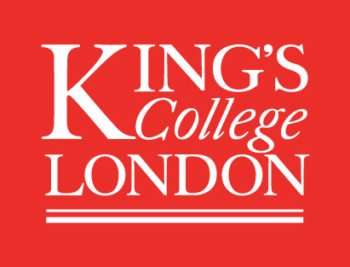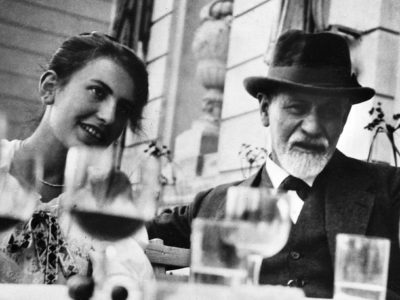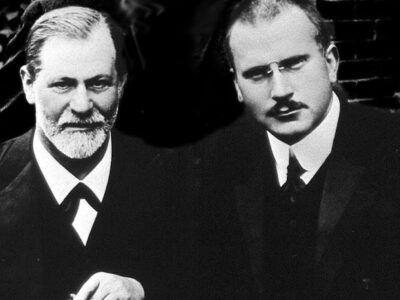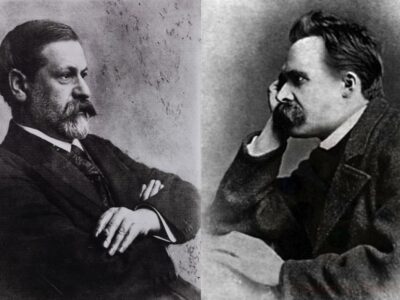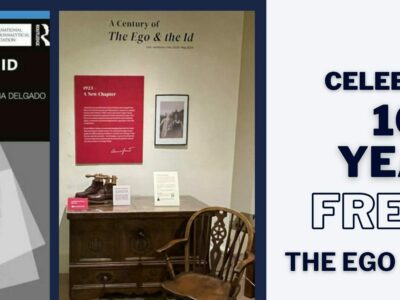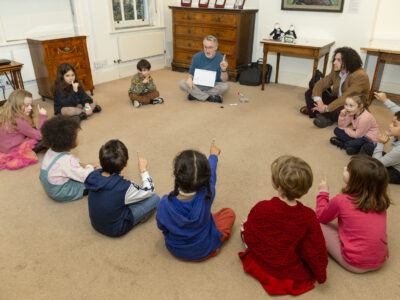
- This event has passed.

Live stream tickets now available! Register here
Programme timetable
A conference taking stock of the recent NHS-led Memorandum of Understanding on Conversion Therapy in the UK, which seeks to raise awareness of attempts by certain therapists to ‘cure’ patients of their sexual orientation – most commonly, their homosexuality.
The NHS document potentially represents an important milestone in sexual healthcare policy in the UK in that it takes seriously the need to protect the existence of someone’s sexual orientation. At the same time, however, numerous historians of sexuality, queer theorists and activists have been questioning, problematising and historicising the very notion of sexual orientation.
This one-day conference brings together an interdisciplinary group of specialists: psychologists, sexual health practitioners, historians and queer scholars to discuss and debate the necessity for a medical consensus over sexual orientation.
- Is the concept helpful in contemporary society?
- Or is the medical community already behind the times?
- Are we moving back to more fluid conceptualisations which were more ‘normal’ in the pre-twentieth-century past?
- Is having a sexual orientation emancipatory or imprisoning?
- What does ‘having a sexual orientation’ even mean (to you personally, professionally …)?
- How can historians of sexuality make an impact on contemporary psychological thinking on and practice around sexual orientation?
Titles and Abstracts
Daniel Orrells and Katharine Rimes (Kings College London)
Welcome and Introduction
Daniel and Katherine will introduce the day, outlining the importance of bringing together experts in the humanities and the sciences.
Tim Dean
Orientation as Normalization
This paper examines the concept of sexual orientation from psychoanalytic and queer perspectives. Drawing on Freud’s Three Essays, it assess the extent to which ‘orientation’ is already a normalization of desire; and it discusses the paradox whereby ‘orientation’ is obsolescing as ‘identity’ becomes the dominant concept of self-understanding.
Simon Goldhill
Why Greek?
This paper will look at the place of the fantasy of ancient Greece in the discussion of sexual orientation and its history. Why should a society of two thousand years ago prove to be so instrumental for contemporary debates – not just for us but for the milieu of Freud.
Gerulf Rieger (Senior Lecturer, University of Essex)
Gender Nonconformity and Sexual Arousal: Windows to the Nature of Sexual Orientation
I will present two different traits that can aid in understanding the development, expression, and social consequences of sexual orientation: these traits are gender nonconformity and sexual arousal. Gender nonconforming men and women display behaviours usually found in the opposite sex; thus, the study of gender nonconformity can not only inform on the expression of sexual orientation, but also on the origin of important sex differences. Similarly, the study of sexual arousal can illuminate sex differences in addition to sexual orientation differences, in particular in the degree to which men and women vary in their sexual attraction patterns. Throughout my presentation I will point to both methodological challenges in these fields as well as to promising new approaches.
Dinesh Bhugra (Kings College London and President of BMA)
Sexual Attraction, Orientation and Fluidity
Classifications of gender and sexual behaviour have in recent times shifted to non-binary categorizations. Sexuality is recognized as broader than sexual acts alone: it is a combination of attraction, thoughts, fantasies, memories, role, and so on. Sexuality is increasingly seen as context-dependent. Human sexuality carries multiple meanings in different settings. This talk examines the importance of the awareness of sexual variation and fluidity in clinical practice.
Katherine Angel (Birkbeck, University of London)
The Changing Site of Naming: Diagnostic Labels in Sex and Gender
In this talk I will situate the question of sexual orientation in the context of debates about the value of diagnostic categories. I will trace the tension between, on one hand, the urge to do away with psychiatric, psychoanalytic, or medical accounts of sexuality and gender and, on the other hand, the proliferation of diagnostic categories (such as asexuality and sex addiction) and increasingly specific sexual identities. If we are witnessing a gradual abandonment of medical naming, and a greater commitment to fluidity and non-rigid definitions in sexuality and gender, has some of the fraught power of naming passed from the medical into other cultural arenas?
Speakers’ Biographies
Tim Dean is Professor of English at the University of Illinois, Urbana-Champaign, USA. He has published widely on sexuality and psychoanalysis, including Beyond Sexuality (2000), Homosexuality and Psychoanalysis (2001), Unlimited Intimacy: Reflections on the Subculture of Barebacking (2009), and Porn Archives (2014).
Gerulf Rieger obtained a MSc in Biological Anthropology from the University of Zurich in Switzerland and a PhD in Personality Psychology from Northwestern University, Evanston, Illinois. Gerulf had a teaching position at Northwestern University and was a research fellow in the Department of Human Development at Cornell University before joining the Social and Health Psychology Group at the University of Essex.
Simon Goldhill is Professor of Greek at the University of Cambridge, and Director of the University’s Centre for Research in Arts, Social Sciences and Humanities (CRASSH). His most recent book is A Very Queer Family Indeed: Sex, Religion and the Bensons in Victorian Britain.
Daniel Orrells is Reader in Ancient Literature and Its Reception at King’s College London, where he is also Head of the Department of Classics. His research examines the presence of classical antiquity in modern cultural, literary and intellectual history. His most recent book book Sex: Antiquity and its Legacy (Oxford University Press USA, 2015) offers a fresh, new narrative about the importance of the ancient world for the development of sexology and psychoanalysis.
Dr Katharine Rimes is a senior lecturer in psychology at King’s College London where she co-leads the LGBT+ Mental Health research group. She is also an NHS clinical psychologist and co-facilitates a therapy group for LGB people experiencing depression or anxiety.
Professor Dinesh Bhugra is Emeritus Professor of Mental Health and Cultural Diversity at the Institute of Psychiatry, Psychology and Neuroscience at King’s College London. He is the President of the British Medical Association and has been the past president of the Royal College of Psychiatrists and the World Psychiatric Association. His new book, Practical Cultural Psychiatry, is soon be published by Oxford University Press.
Katherine Angel is the author of Unmastered: A Book on Desire, Most Difficult to Tell (2012). She is currently finishing a monograph on sexual violence, consent and theories of female sexual desire and arousal. She has a PhD from the University of Cambridge’s History and Philosophy of Science Department, has held research and teaching posts at Warwick and Queen Mary, and is a lecturer at Birkbeck College.
Bursary places
A limited number of bursary places are available for those under financial hardship.
Bursary places are charged at £25
Priority will be given to UK unemployed and PIP/ESA claimants.
Supported by:
